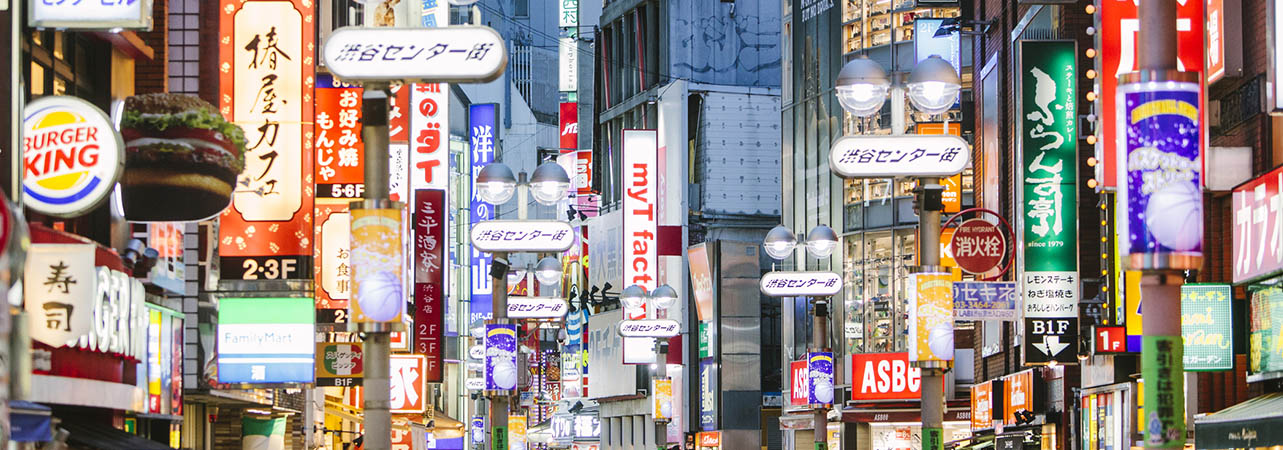Investor sentiment in Australia received a blow from the government’s decision to put the state of Victoria into lockdown following a surge in Covid-19 infections. Australia reported a budget deficit of A$85.8 billion for year ending June 2020, which is predicted to swell to A$184.5 billion during the current financial year.
- Singapore and South Korea slid into recession
- The BoJ downgraded its economic growth forecasts
- Japan’s employment outlook weakened
Investor sentiment in Australia received a blow from the government’s decision to put the state of Victoria into lockdown following a surge in Covid-19 infections. Australia reported a budget deficit of A$85.8 billion for year ending June 2020, which is predicted to swell to A$184.5 billion during the current financial year. The rate of unemployment is forecast to peak at 9.25% during the fourth quarter of 2020. Towards the end of the month, however, investors were cheered by the regulator’s decision to relax its earlier recommendation for banks and insurers to consider suspending dividends because of the pandemic. The ASX All Ordinaries Index rose by 0.9% over July.
“Busines sentiment continued to deteriorate”
The Bank of Japan (BoJ) downgraded its forecast for economic growth in the current fiscal year from -4% to -4.7% but warned that a large-scale second wave of infection could adversely affect its predictions. Japan’s economy went into recession during the first quarter of 2020. Business sentiment continued to deteriorate, according to the central bank’s quarterly Tankan survey, which found that sentiment amongst large Japanese manufacturers had worsened from -8 in March to -34 in June.
Japan’s government reported that the country’s economy was showing signs of picking up. Although business investment, industrial output, the labour market, and corporate profits remain weak, private consumption is improving, and exports are bottoming out. Nevertheless, the government’s cautious assessment warned against the risks posed by domestic and overseas infection from Covid-19.
Industrial output rose for the first time since January during June, rising by 2.7% month on month and boosted by a rally in the production of motor vehicles and machinery. On an annualised basis, production fell by 17.7%. The employment backdrop remained weak and Japan’s jobs-to-applicants ratio dropped from 1.20 in May to 1.11 in June, representing its lowest level since 2014. During July, the Nikkei 225 Index fell by 2.6%, while the Topix Index declined by 4%, and the TSE Second Section Index fell by 5.5%.
Elsewhere in the region, South Korea’s economy fell into recession during the second quarter: having contracted by 1.3% quarter on quarter in the first three months of 2020, the country’s economy went on to shrink by 3.3% as the pandemic caused export activity to collapse. Meanwhile, Singapore went into recession: the country’s economy shrank by 12.6% during the second quarter, following a first-quarter contraction of -0.3%.






